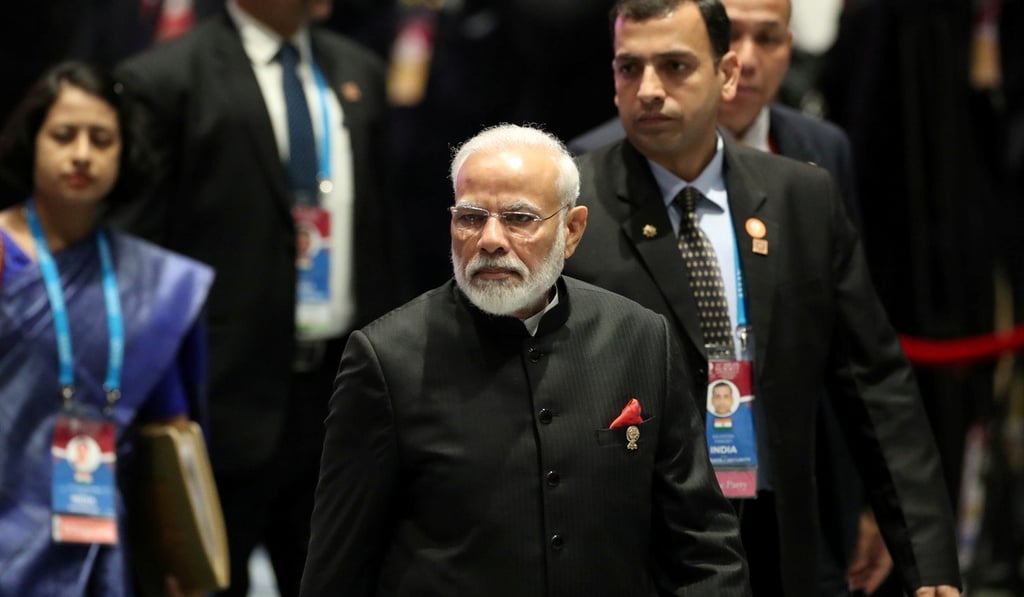Advertisement
China’s in, but, without India, is ‘world’s largest trade pact’, the RCEP, still such a big deal?
- Modi’s shock move to abandon the RCEP trade deal has fed the cynics
- But its fans are loyal, even in the face of research suggesting its impact on GDPs will be minimal
Reading Time:4 minutes
Why you can trust SCMP

India’s shock move this week to pull out of the Regional Comprehensive Economic Partnership (RCEP) has triggered a fresh round of scoffing from cynics who for years have lampooned the trade pact’s repeated delays and low ambitions.
But even as these critics complain about being “taken for a ride” by India, which negotiated hard for seven years only to jump ship at the last minute, proponents of the deal say there is still much to cheer about.
Supporters of the India-less RCEP say that while its shortcomings must be acknowledged, it is a shot in the arm for multilateralism amid the rising trend of protectionism around the world.
Advertisement
The 15 economies left in the RCEP – comprising the 10 Association of Southeast Asian Nations (Asean), China, Japan, South Korea, Australia and New Zealand – this week said they had agreed on the “text-based negotiations” and would work towards signing a deal some time next year after lawyers comb through the draft agreement, and specifics on market access are settled.

Advertisement
They also left the door open to India, saying they would continue to work with New Delhi to settle “outstanding issues” – despite Indian Prime Minister Narendra Modi telling a regional summit in Bangkok he could not agree to the deal because it would be ruinous for his country’s poor.
Advertisement
Select Voice
Select Speed
1.00x